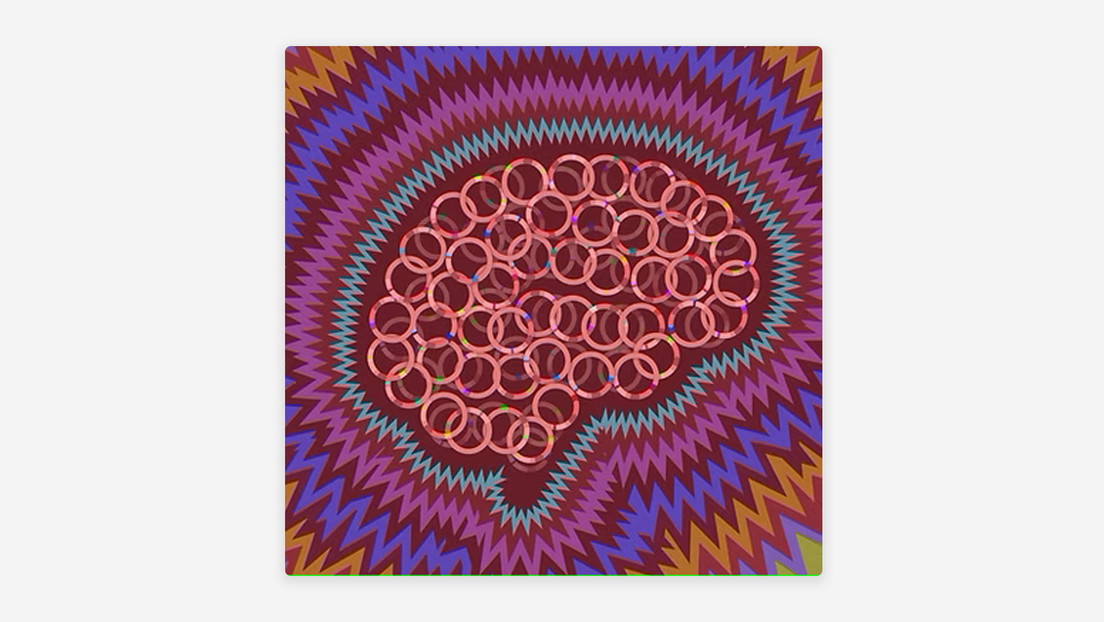
RT, Feb 10. - A new study has discovered why some diseases share the same genetic variants.
Some psychiatric disorders can share the same symptoms and coexist simultaneously, making their correct diagnosis difficult. These conditions can be influenced by genetic factors, which involve a variety of changes in certain genes.
In 2019, scientists discovered 136 'hot spots' - regions of the genome where mutations are frequent - that were associated with eight different psychiatric disorders, including schizophrenia, bipolar disorder and autism.
It was determined that in 109 of these hotspots there were pleiotropic genetic variants, that is, shared between multiple conditions. However, it was not possible to determine how these pleiotropic variants differed from the other disease-specific genetic variants.
Pleiotropic vs. specific variants
In a new study, published in the journal Cell, a team of researchers from US institutions analyzed the impacts of both variants on the genetic expression of brain cells during human development, discovering that the eight psychiatric disorders share a common genetic basis.
After identifying around 18,000 genetic variants in the 136 previously detected hot spots, the specialists inserted them into human neurons to observe their behavior. Using a technique known as massively parallel reporter assay, it was found that 683 variants could genetically alter these cells.
According to the authors of the research, these 683 variants were classified as pleiotropic or specific. Likewise, greater activity and sensitivity were observed among the pleiotropic variants compared to the specific ones.
The pleiotropic variants also had extended levels of activity in brain development, suggesting that they could affect different stages of the same. Specialists suggest that this may be the reason why they can influence more than one disorder.
Similarly, they explained that the genes affected by pleiotropic variants seem to be more sensitive to changes, so the alterations could have a greater effect on health. In conclusion, they pointed out that these discoveries will allow the creation of treatments to address multiple psychiatric disorders at the same time. (Text and Photo: RT)